Fruits are often touted as the ultimate healthy snack, packed with vitamins, antioxidants, and fiber. However, not all fruits are created equal when it comes to nutritional benefits. While some might be bursting with essential nutrients, others can be surprisingly high in sugar and calories, making them less healthy than you might think.
It’s important to know which fruits truly deserve a spot in your daily diet and which ones might not be as beneficial as they seem. From surprisingly sugary picks to nutrient-packed options, here’s a guide to help you make better fruit choices and boost your health with every bite.
1. Cherries
With their glossy allure, cherries are often considered a healthy treat. Though rich in antioxidants, the high sugar content can be surprising. Eating a handful might seem harmless, but portion control is essential. Their natural sugars can quickly add up, especially when consumed in large quantities.
For those monitoring sugar intake, cherries should be savored sparingly. They’re delightful in moderation, but indulging too much might affect blood sugar levels. Next time you reach for a bowl, remember balance is key. Enjoy cherries, but be mindful of how many you munch on.
2. Canned Peaches
Soft and golden, canned peaches might evoke memories of childhood snacks. However, they often swim in sugary syrups. This added sugar can transform a healthy fruit into a dessert-like indulgence. While they provide some nutrients, the syrup adds unnecessary calories.
Opt for peaches canned in water or their own juice to avoid excess sugar. When possible, fresh peaches are a better alternative, providing vitamins without the extra sweetness. Always check the label before making a purchase. With canned peaches, it’s crucial to choose wisely.
3. Dried Dates
Dried dates, often hailed for their natural sweetness, are nutrient-dense but calorie-rich. They pack a punch in terms of energy, with sugars concentrated during the drying process. A small serving can contain significant calories and sugar.
Perfect in moderation, dried dates are best enjoyed as occasional treats rather than daily staples. Their sweetness makes them ideal for natural sweetening, but caution is needed. Too many can lead to unexpected calorie intake. Enjoy the rich, caramel-like flavor, but remember less is often more.
4. Mango
With their vibrant flesh, mangoes are tropical delights. Yet, they are also sugar-laden. A single mango can contain more sugar than expected, making portion control critical. While they offer vitamins, the natural sugar content should keep you mindful of quantity.
Balancing mango intake with other fruits is wise. They pair well in salads or smoothies, but remember that moderation matters. Enjoy the juicy sweetness, but keep an eye on how much you consume. Portion awareness ensures you enjoy mangoes healthily.
5. Grapes
Grapes, small yet packed with flavor, are easy to overeat. Their sweetness is alluring, but they are high in sugars. Eating grape after grape can quickly lead to consuming more than intended.
A serving size can be deceiving, so it’s best to measure portions to keep sugar intake in check. Grapes are lovely in moderation, great for snacking, but vigilance is key. Pair them with nuts or cheese for a balanced snack. Keeping a watchful eye on quantities helps maintain a healthy approach.
6. Pineapple
Pineapple, with its tropical allure, offers a sweet escape. However, it also contains considerable sugar. While it’s refreshing and vitamin-rich, mindful consumption is advised. Overindulgence might lead to unexpected sugar intake.
Incorporating pineapple into balanced meals can be beneficial. It complements savory dishes or can stand alone in slices. Still, moderation ensures you enjoy its benefits without overdoing it. The juicy sweetness is delightful, but portion control is a wise companion.
7. Bananas
Often a go-to snack, bananas come with hidden sugars. While convenient and nutritious, they can be surprisingly high in calories. A single banana can satisfy a sweet craving, but moderation is necessary.
Choosing smaller bananas helps manage intake. They are perfect for energy boosts, yet balancing their consumption with other foods is beneficial. Pairing with protein or healthy fats creates a more balanced meal. Enjoy bananas’ natural sweetness in controlled amounts.
8. Carambola
Carambola, or starfruit, dazzles with its shape but may pose health concerns for some. This fruit contains oxalates, which can affect those with kidney issues. Its sharp taste should be enjoyed with caution if under medical dietary restrictions.
When eaten in moderation, carambola is a unique addition to fruit platters. Its aesthetic appeal is unmatched, yet its consumption should be mindful. Always consider individual health needs before indulging in this starry delight. Balance is vital when savoring carambola.
9. Lychee
Lychees, with their exotic sweetness, are captivating but calorie-dense. With a rich, juicy interior, they can quickly become addictive. Eating too many may lead to a significant sugar intake.
This tropical fruit is best savored in small quantities. Their unique taste makes them perfect for special occasions, not everyday consumption. Keeping tabs on how many you eat can prevent sugar spikes. Enjoy lychees’ lusciousness in moderation to maintain health balance.
10. Figs
Rich in texture and flavor, figs offer a natural sweetness that can be misleading. While nutritious, they are high in sugars and calories. It’s easy to overindulge, especially when dried.
Enjoying figs requires mindful eating. Their richness pairs well with cheese or nuts, creating a balanced snack. Being aware of portion sizes ensures you benefit from their nutrients without overconsumption. Remember, a few figs can go a long way in satisfying sweet cravings, so savor them thoughtfully.
1. Apples
Biting into a crisp apple is not just a treat for your taste buds; it’s a boon for your health. Packed with vitamins and dietary fiber, apples are known to support heart health and reduce the risk of chronic diseases.
The saying ‘an apple a day keeps the doctor away’ stems from the fruit’s ability to aid digestion and provide antioxidants. Apples come in various types, each offering its unique flavor and health benefits, making them a versatile addition to any diet. They are easy to pack, eat, and enjoy anytime.
2. Blueberries
Bursting with flavor and nutrients, blueberries are tiny powerhouses of health. These berries are renowned for their high antioxidant content, which helps combat oxidative stress and inflammation. Regular consumption is linked to improved brain function and a reduced risk of heart disease.
Whether eaten fresh, frozen, or blended into smoothies, blueberries add a nutritious punch to your diet. They are perfect for a quick snack or a delicious topping for your morning cereal. Their sweet yet tangy taste makes them a favorite among health enthusiasts.
3. Pomegranates
Pomegranates are often praised as one of the healthiest fruits, thanks to their abundance of powerful antioxidants. Consuming pomegranate seeds can improve memory and lower the risk of several diseases. The fruit’s unique tart flavor adds zest to salads and desserts, making it a versatile culinary ingredient.
Beyond taste, pomegranates are also known for their anti-inflammatory properties and potential to improve heart health. Enjoy them as a snack or in juice form for a refreshing health boost. Their vibrant color and juicy seeds make them eye-catching and nutritious.
4. Kiwifruit
Kiwifruit, with its bright green interior and black seeds, offers more than meets the eye. This fruit is an excellent source of vitamin C, boosting your immune system and skin health. Its natural enzymes aid digestion, making it perfect for those seeking digestive comfort.
Adding kiwifruit to your diet can also help manage blood pressure due to its potassium content. Enjoy it raw, in a salad, or blended into a smoothie. With a sweet-tart flavor, kiwifruit is both refreshing and nutritious, proving that good things come in small packages.
5. Avocados
Avocados stand out as a unique fruit due to their creamy texture and rich nutrient profile. Known for healthy fats, they are excellent for heart health and skin nourishment. Besides their delicious taste, avocados provide vitamins and fiber, contributing to a feeling of fullness and aiding digestion.
They’re versatile in culinary uses, from guacamole to sandwiches and smoothies. Avocados’ creamy texture and subtle flavor make them a delightful addition to various dishes. Their health benefits and culinary versatility make them a beloved fruit worldwide.
6. Guava
Guava offers a burst of tropical flavor while being a powerhouse of nutrition. It’s loaded with vitamin C, providing immunity support and skin health benefits. The fruit also contains dietary fiber, promoting healthy digestion.
Consuming guava can help regulate blood sugar levels, making it suitable for diabetics. Enjoy it fresh or in juice form for a refreshing treat. Its sweet and slightly tart flavor makes guava a favorite in tropical regions. Beyond taste, guava’s unique nutrient profile contributes to its health-boosting properties.
7. Papayas
Papayas are not only delicious but also packed with nutrients that promote health and wellness. Rich in vitamin C and enzymes like papain, they aid digestion and boost immunity. Papayas are also known for their anti-inflammatory properties, supporting skin health and reducing inflammation.
Their sweet, tropical flavor makes them a popular choice for smoothies, salads, and desserts. Whether eaten fresh or blended, papayas provide a refreshing and nutritious experience. The striking color and flavor make papayas an attractive and healthful addition to any diet.
8. Oranges
Oranges are synonymous with vitamin C, making them a go-to fruit for boosting immunity and skin health. Their juicy segments are not only refreshing but also packed with antioxidants. These nutrients support heart health and may lower the risk of chronic diseases.
Enjoying an orange is simple and satisfying, whether eaten fresh or juiced. The sweet and tangy flavor offers a delightful sensory experience, perfect for snacks or breakfast. Oranges’ bright color and citrus scent are invigorating, making them a staple in healthy diets worldwide.
9. Watermelon
Watermelons are the quintessential summer fruit, offering hydration and sweetness in every bite. Composed mainly of water, they are perfect for quenching thirst and staying hydrated. Rich in vitamins A and C, watermelons also provide antioxidants that support overall health.
Their juicy texture and sweet taste make them a favorite for picnics and barbecues. Whether enjoyed in slices or blended into a refreshing juice, watermelons are a delightful treat. Their vibrant color and refreshing properties make them an essential summer fruit.
10. Blackberries
Blackberries boast both flavor and nutrition, making them an excellent choice for a healthy diet. These berries are a rich source of vitamins, minerals, and antioxidants, supporting brain health and reducing inflammation.
Their deep color is a sign of high anthocyanin content, which may protect against chronic diseases. Enjoy blackberries fresh, in desserts, or as a flavorful addition to salads. Their sweet and slightly tart taste is appealing, and their health benefits are compelling. Blackberries offer a delightful way to boost your nutrient intake.
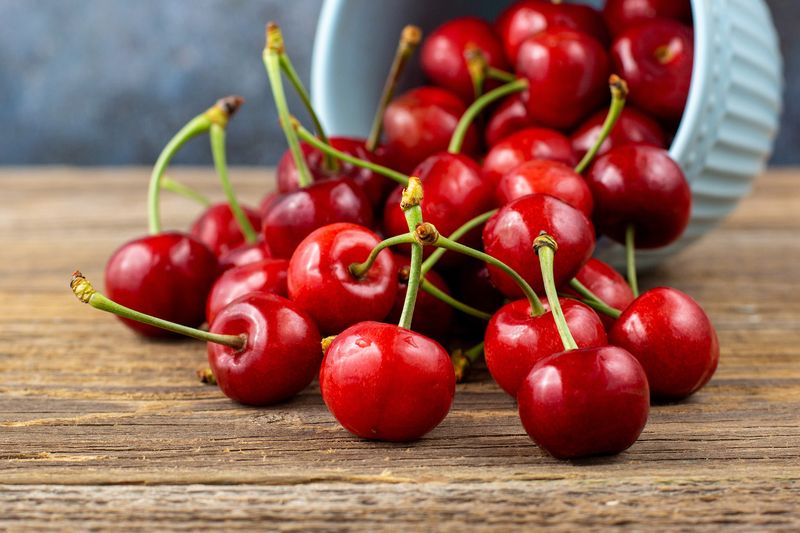
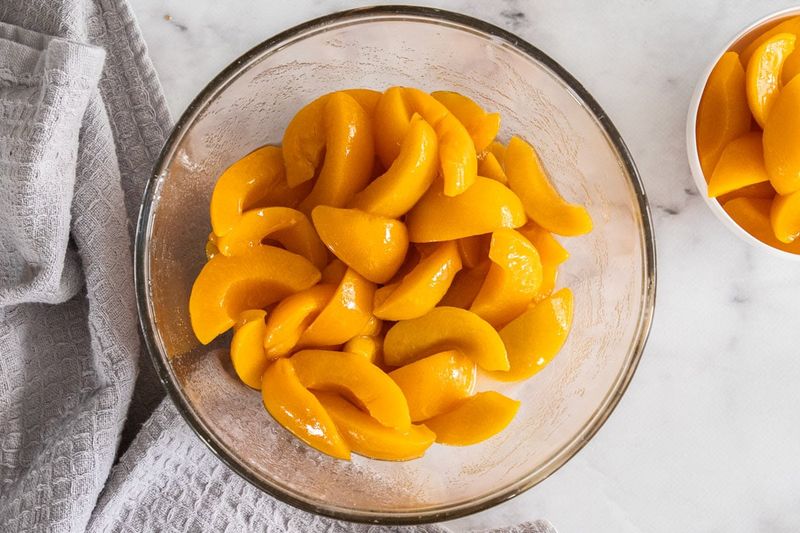
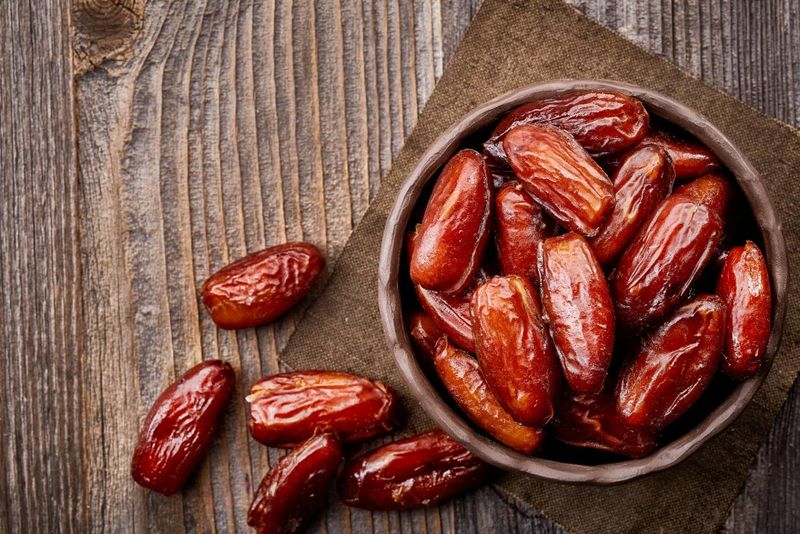
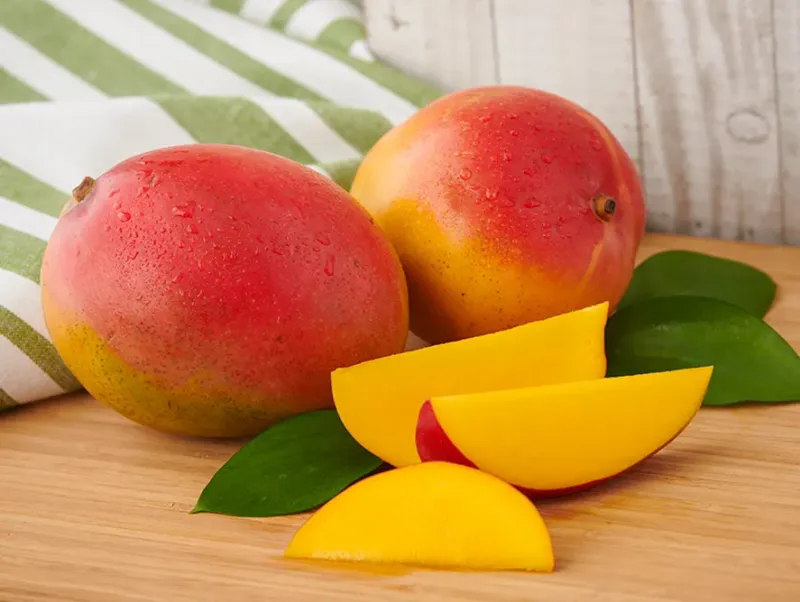
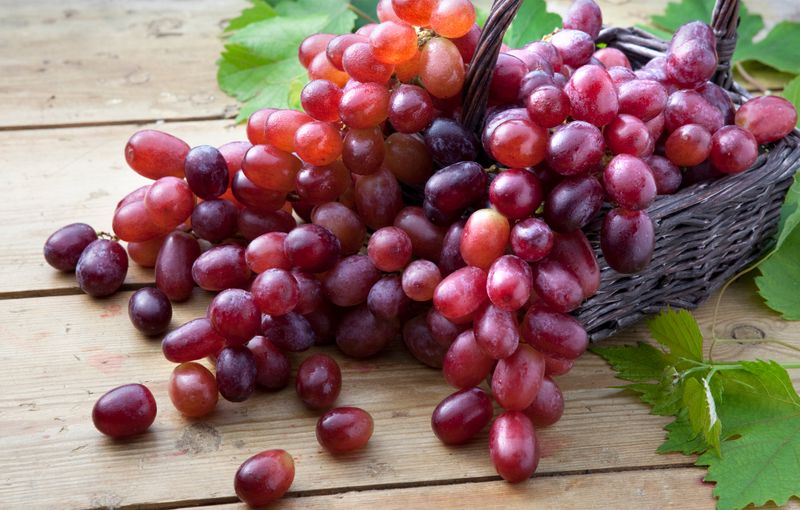
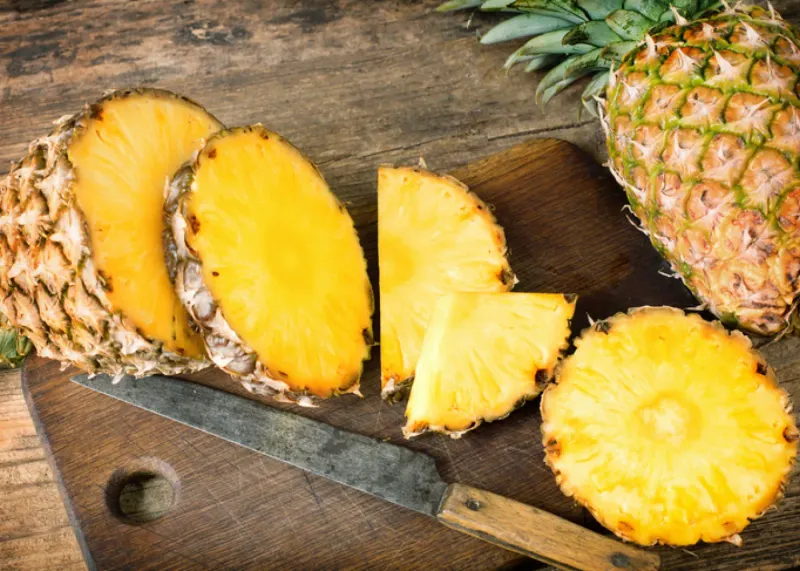
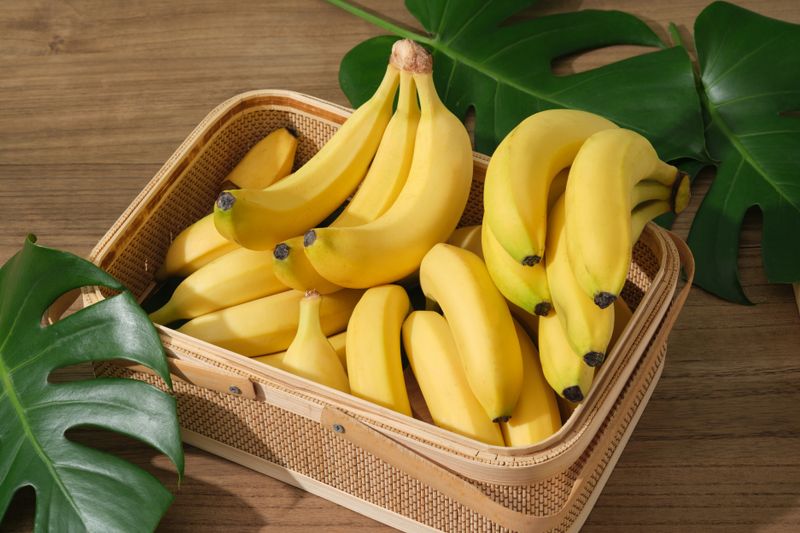

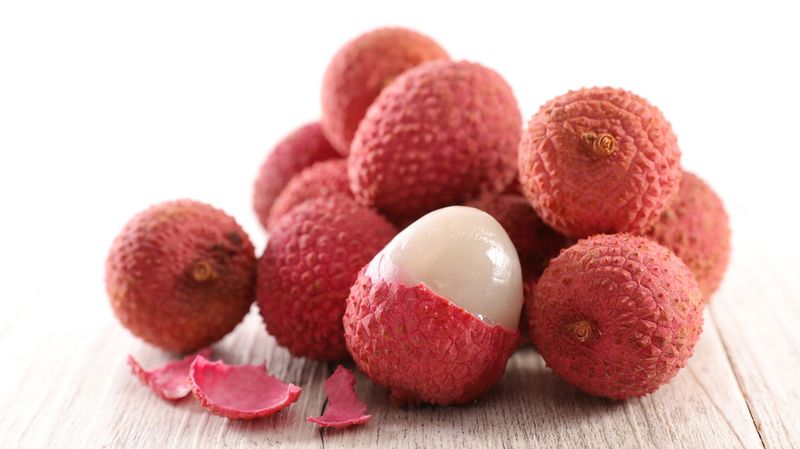
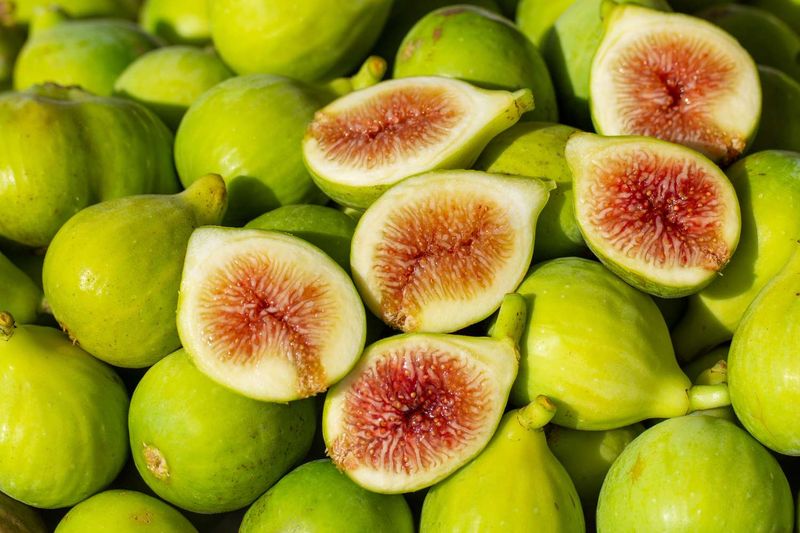
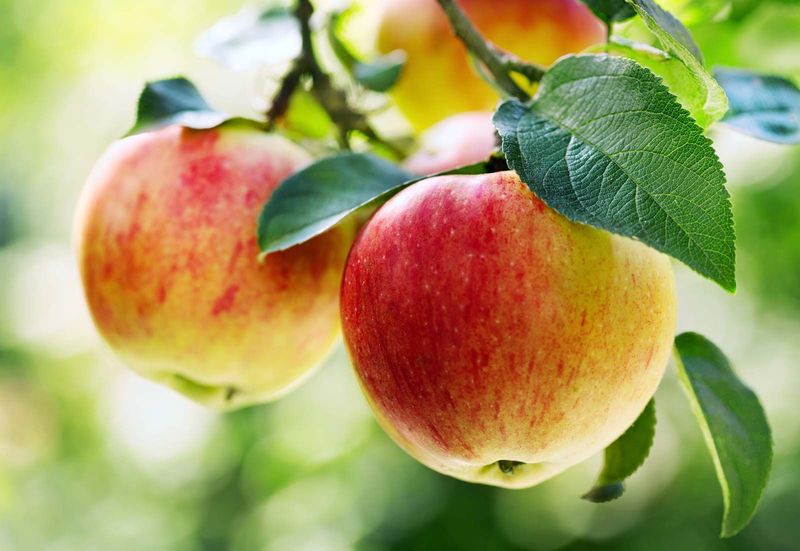
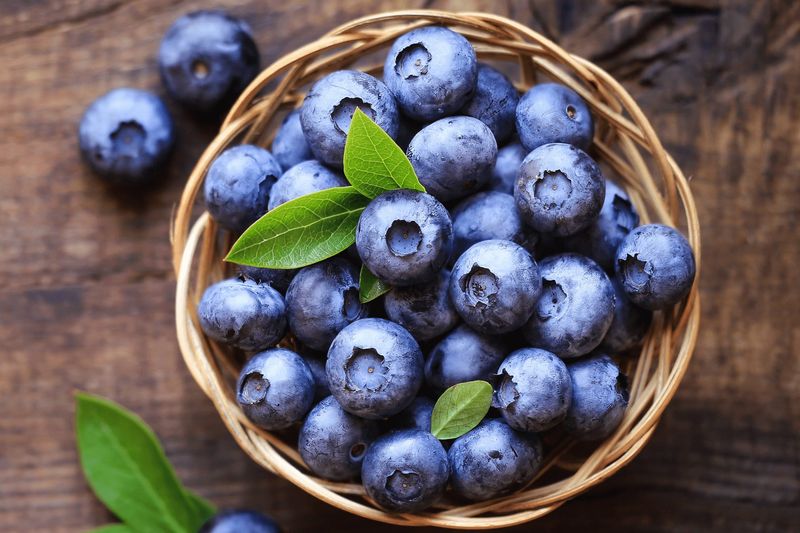
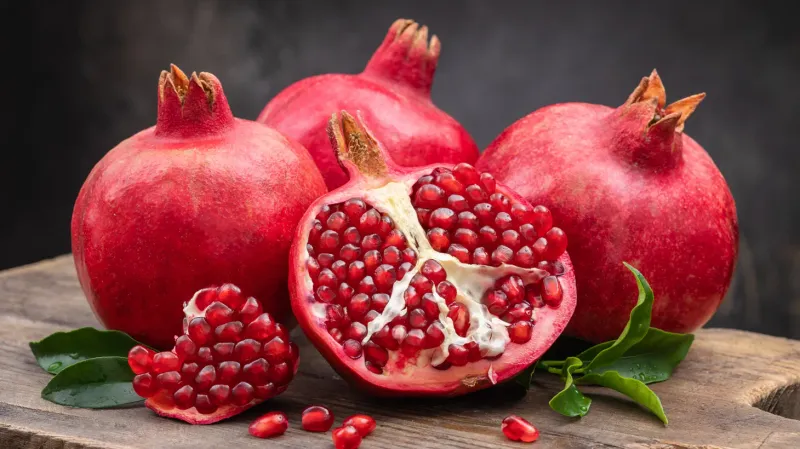
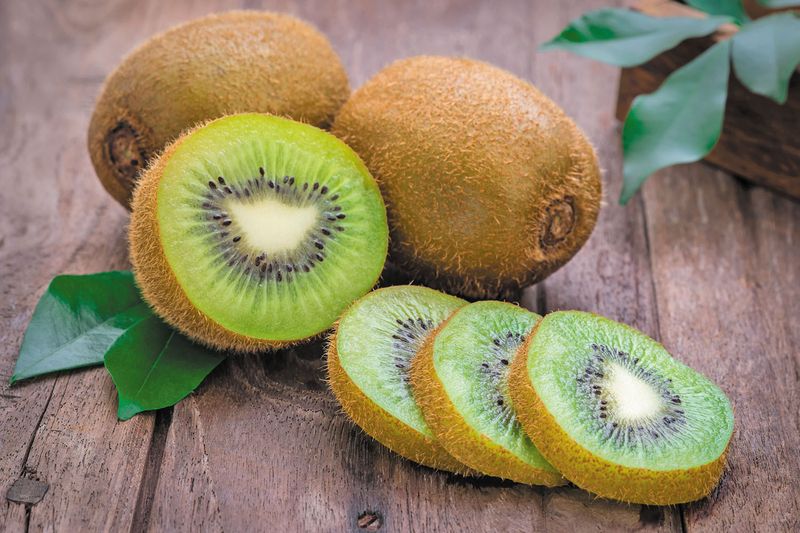
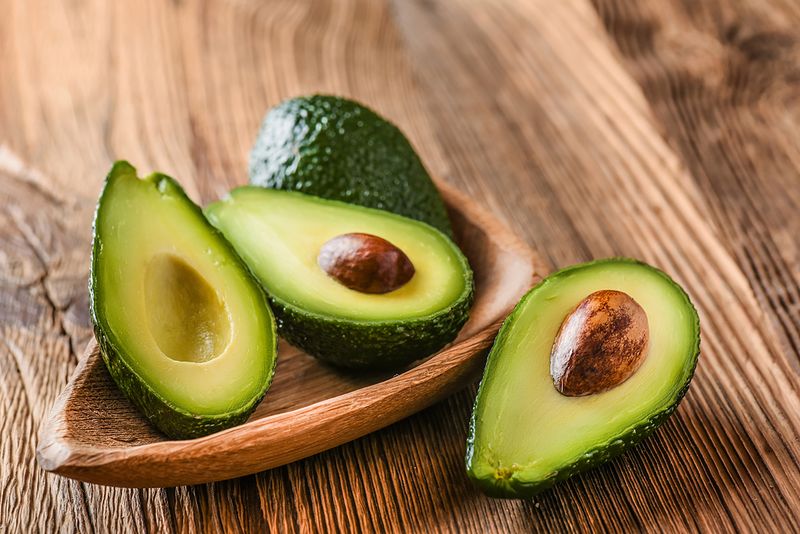
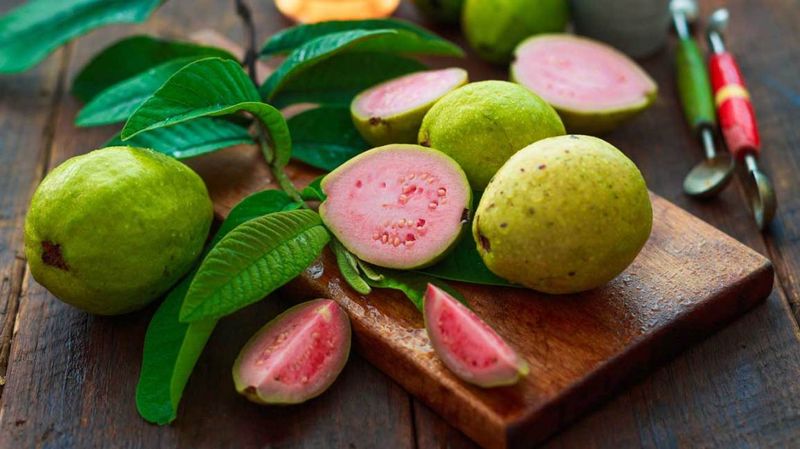
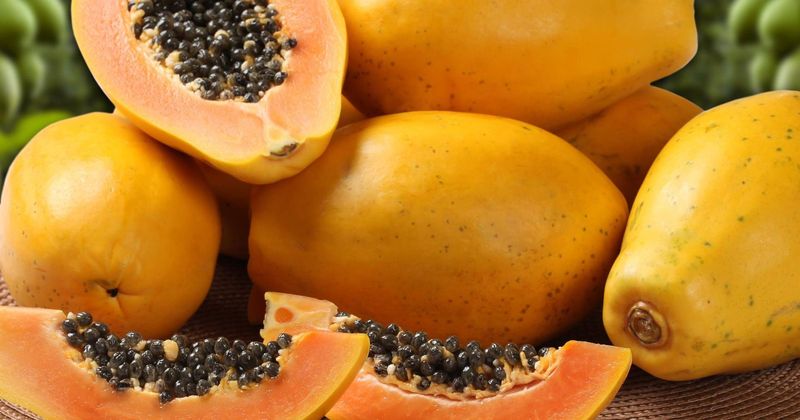
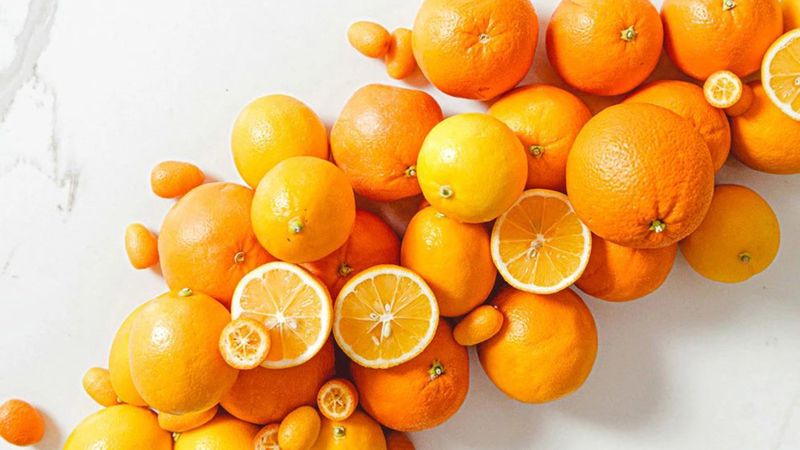
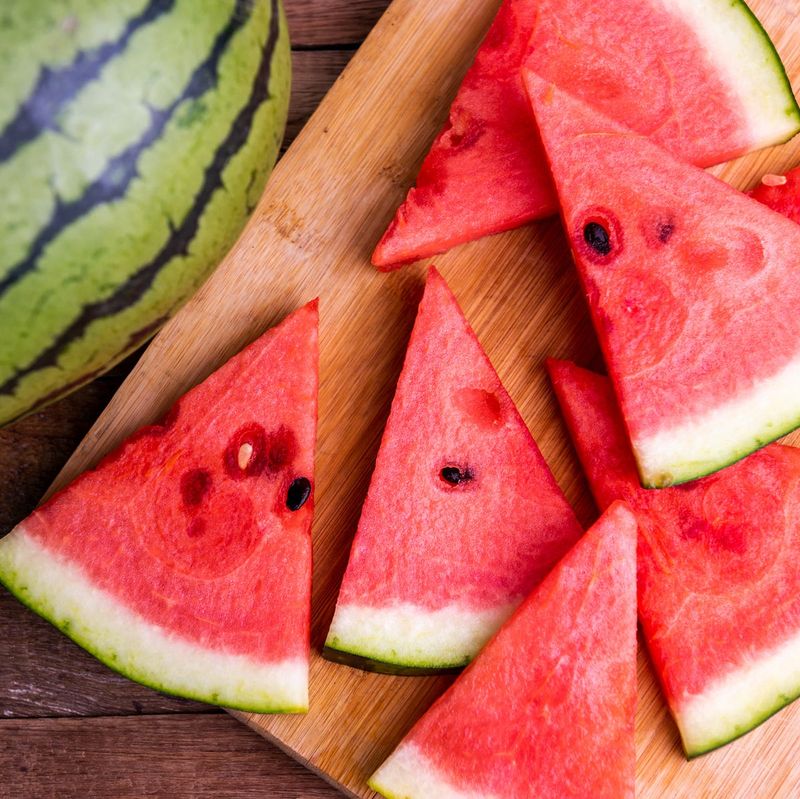
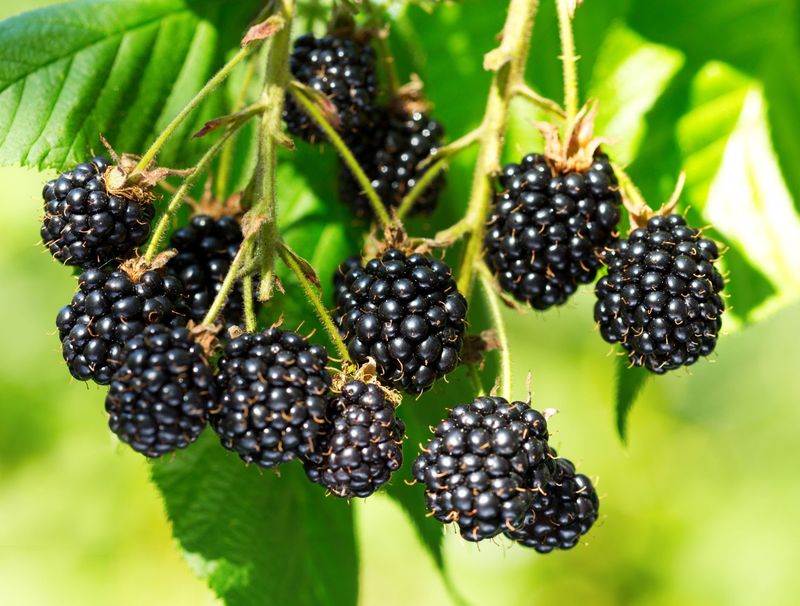
Leave a comment